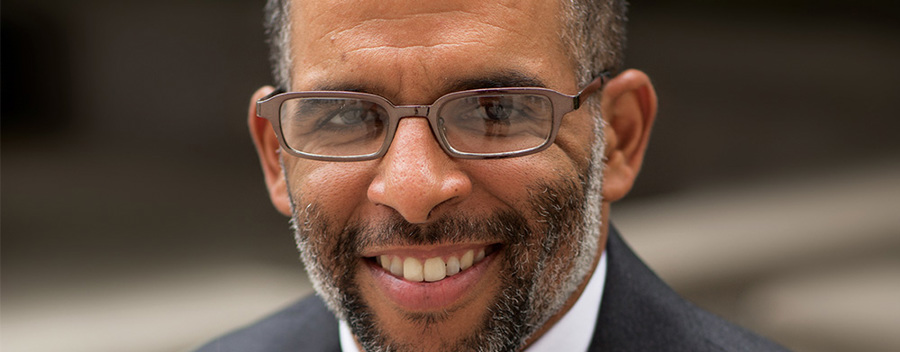
Professor Steven Dean Appointed Vice Dean
Professor Steven Dean, an expert in tax law, has been named Vice Dean at Brooklyn Law School. In this role, Dean oversees the Law School’s academic program and curriculum. At the same time, he works to advance faculty development and scholarship. He succeeds Professor William Araiza, who is returning to teaching and his scholarly work full time.“Professor Dean is an accomplished scholar and teacher, with a record of outstanding service to the Law School,” said Dean Nick Allard. “I know that he will serve both students and faculty well in this role, ensuring that their needs are met and advancing the Law School’s reputation for excellence in education and scholarship. We are very grateful to Professor Araiza for his tremendous service as Vice Dean the last two years.”
Dean said his new role requires him to balance the goals of two constituencies: faculty and students. “I’m looking forward to helping students succeed and making sure the faculty have what they need to produce influential scholarship and be good teachers,” he said.
Dean, who joined the faculty in 2004, teaches Corporate Taxation, Federal Income Taxation, International Taxation, and Tax Policy. His scholarship has focused on underexamined implications of tax law, such as the relationship between tax simplification and taxpayer autonomy. His forthcoming book, The Federal Taxation of Corporations and Corporate Transactions (Aspen Publishers), co-written with Professor Bradley Borden, offers students the opportunity to engage with the law from a practitioner’s perspective.
Dean has also studied the role of the law in the growth of social enterprise. His other recent book Social Enterprise Law: Trust, Public Benefit and Capital Markets (Oxford University Press, 2017), co-written with Professor Dana Brakman Reiser, argues that law can “make corporations better citizens,” and help the proliferation of startups by keeping founders and employees from “selling out” a new venture’s social mission.
“There’s a bit of a turf war about what social enterprise means,” Dean said. “Our vision is that the law can serve as a kind of algorithm to help investors and entrepreneurs with matching visions find each other.”
Dean also has contributed two chapters to forthcoming books. “Text, Intent and Taxation in the United States, the United Kingdom and France” was written with Professor Lawrence Solan and Lukasz Stankiewicz of Université Jean Moulin Lyon, and will appear in The Routledge Companion On Tax Avoidance. Dean teamed up again with Brakman Reiser for “The Social Enterprise Life Cycle,” which is forthcoming in The Cambridge Handbook of Social Enterprise Law.
Dean was born in St. Paul, MN, but grew up on New Providence Island in the Bahamas, where he lived until moving to Delaware for boarding school as a teenager. He graduated from Williams College and Yale Law School and spent the first part of his career as an associate at two global law firms, first at Cravath, Swaine & Moore and then at Debevoise & Plimpton, before joining the Law School.
He worked for a time in the transfer pricing department at KPMG after college, helping to determine where multinational corporations’ profits should be based for tax purposes. Dean said he has been “hooked on tax law” ever since.